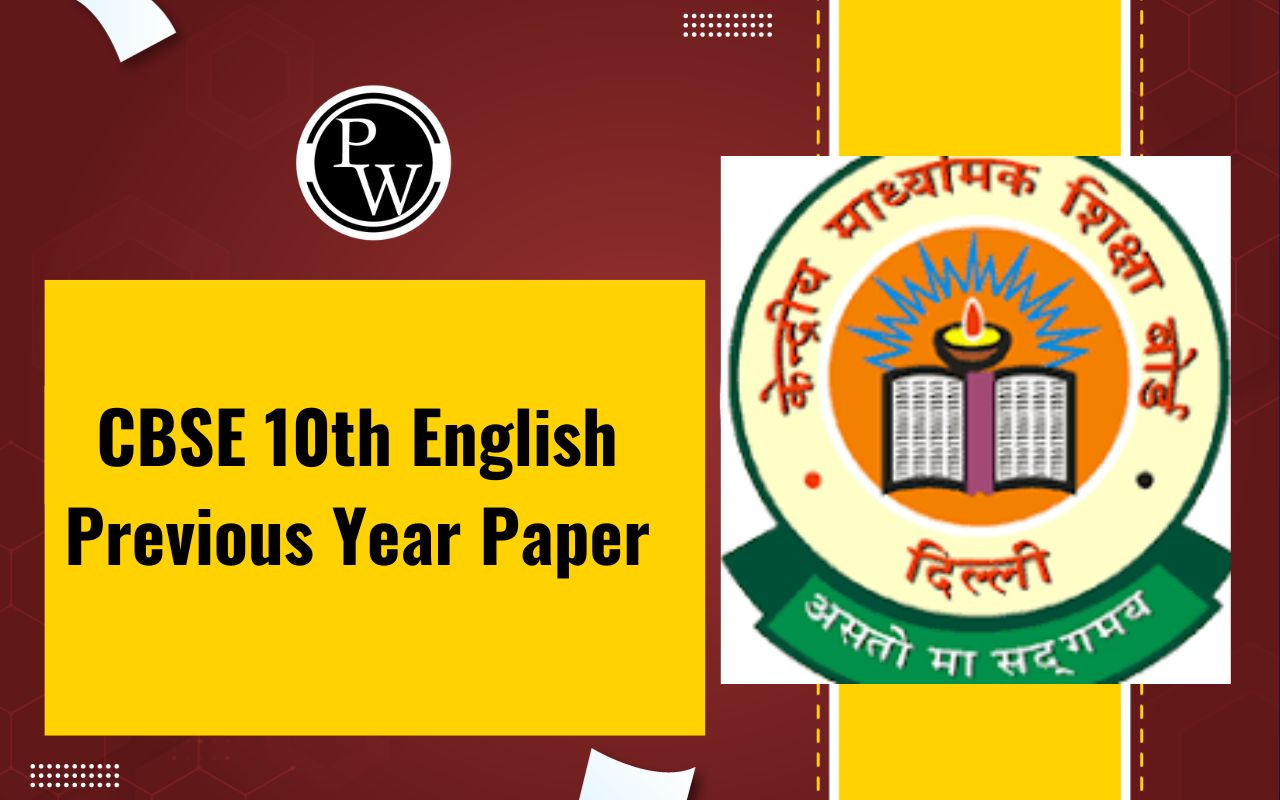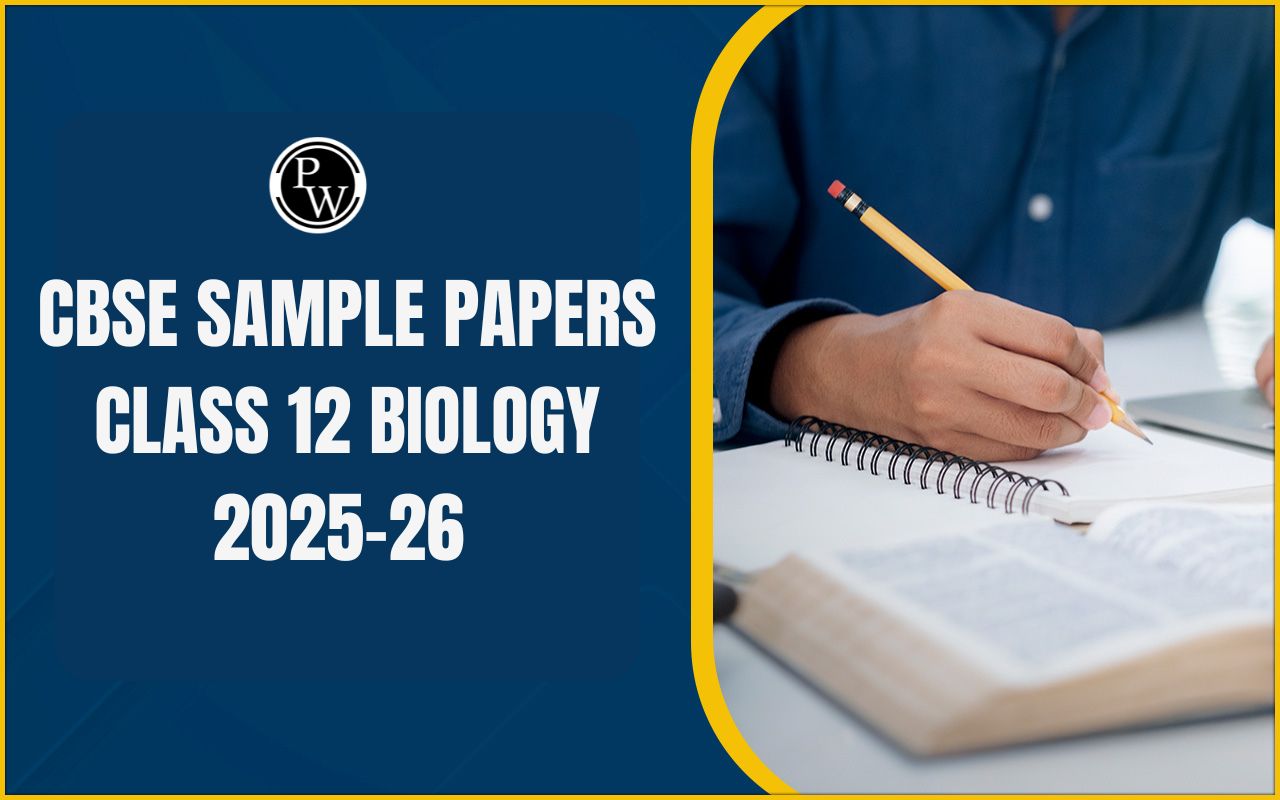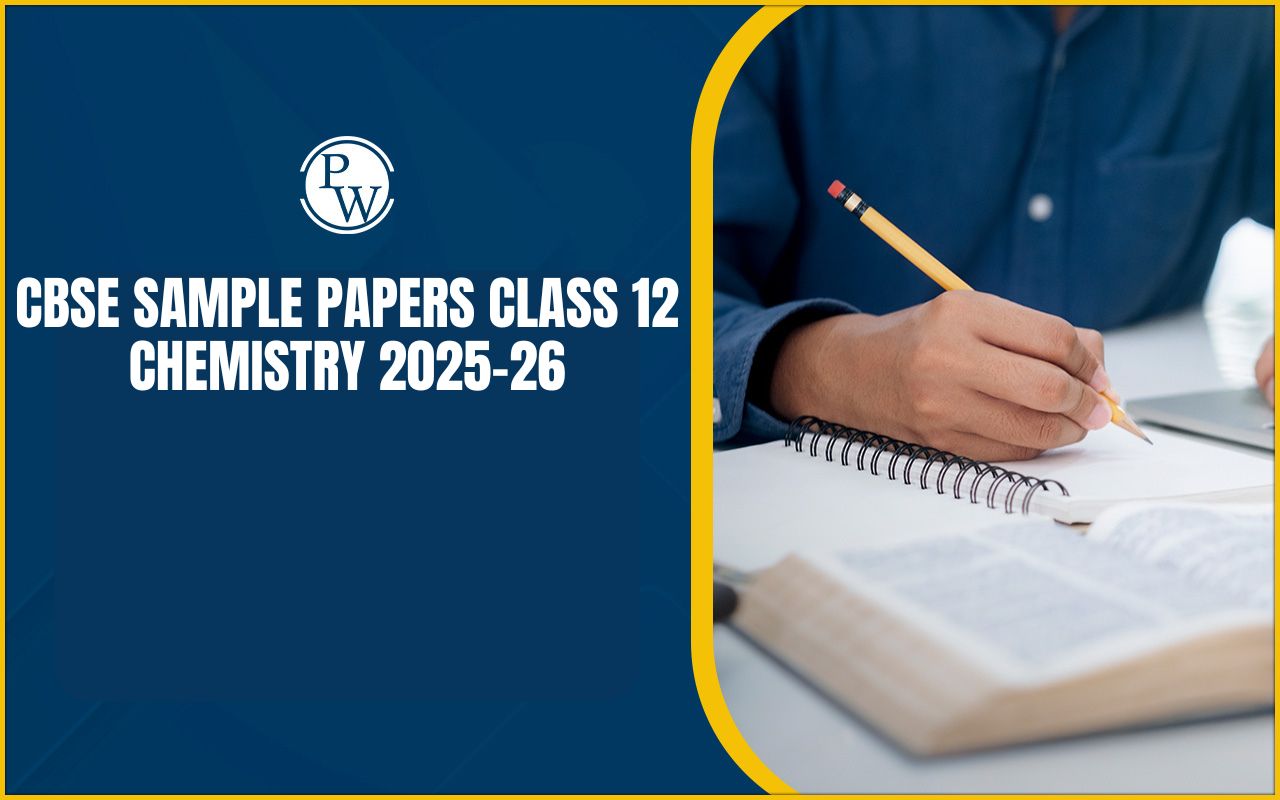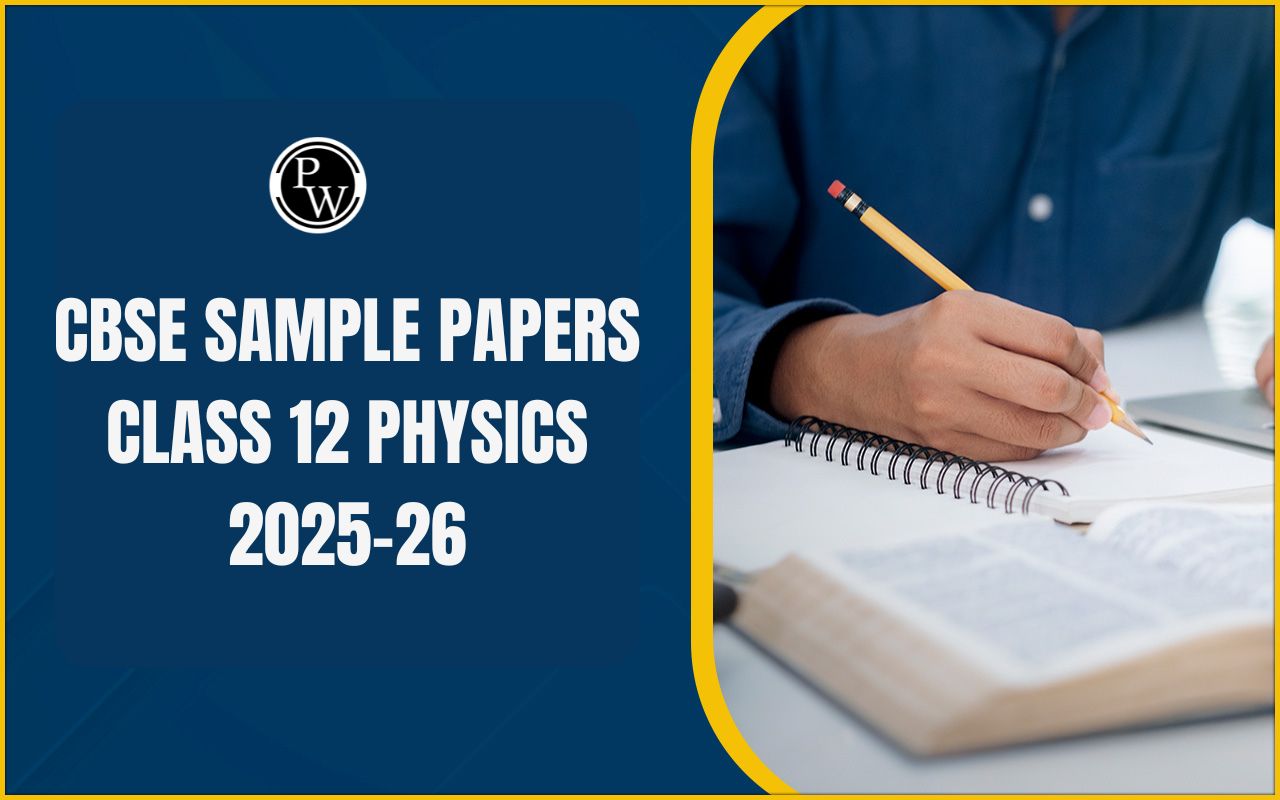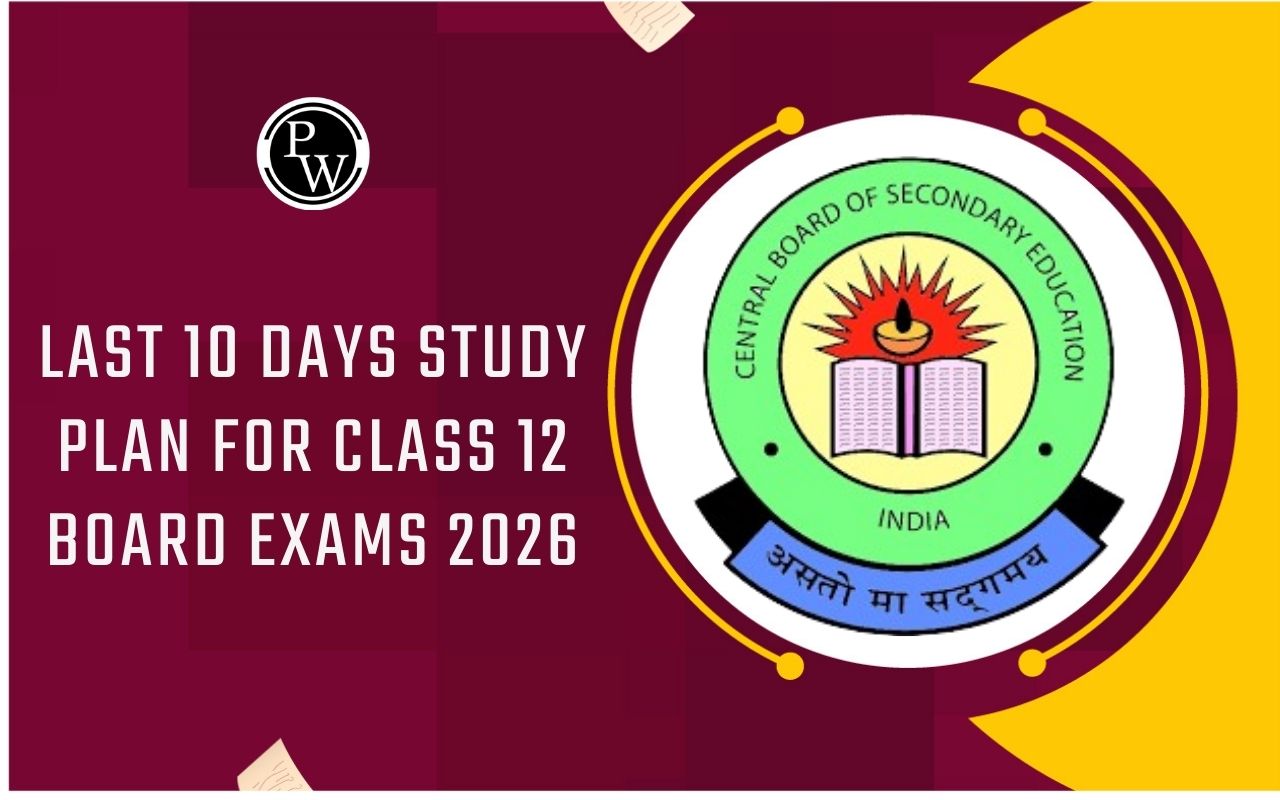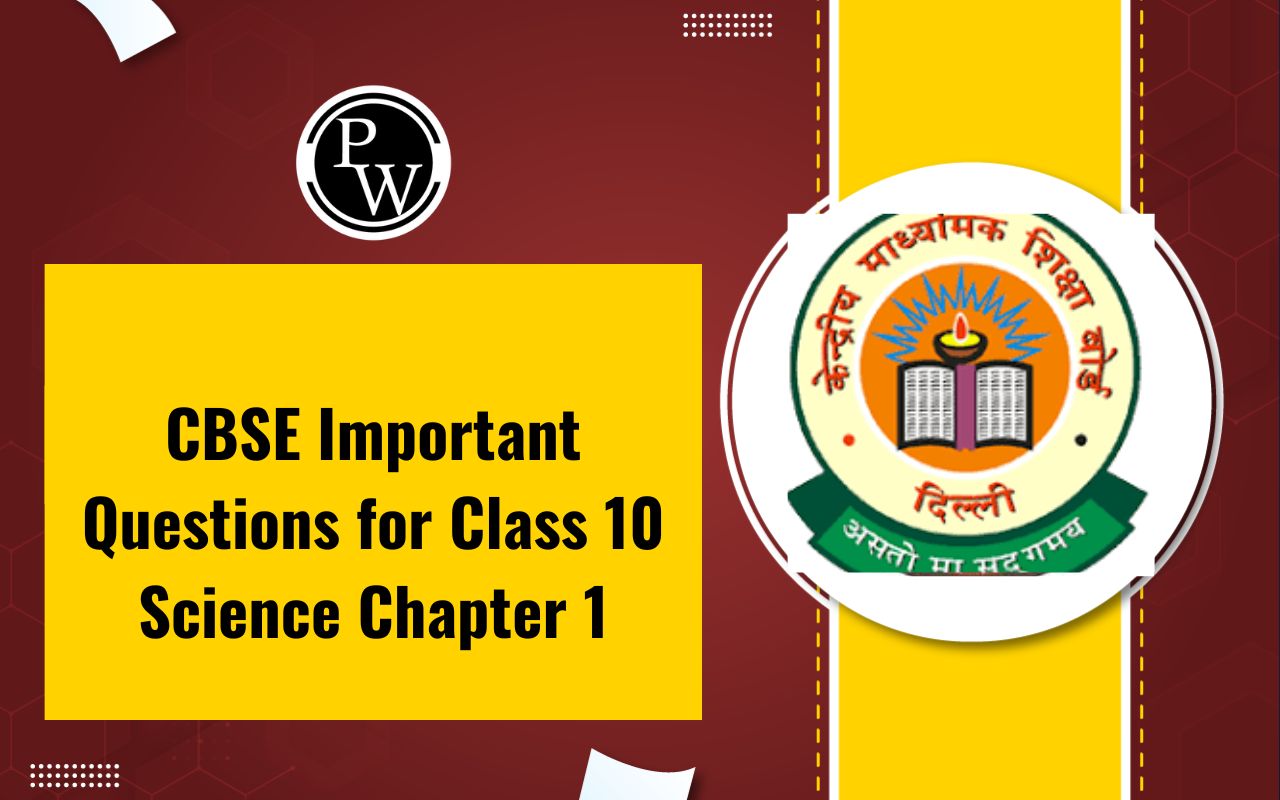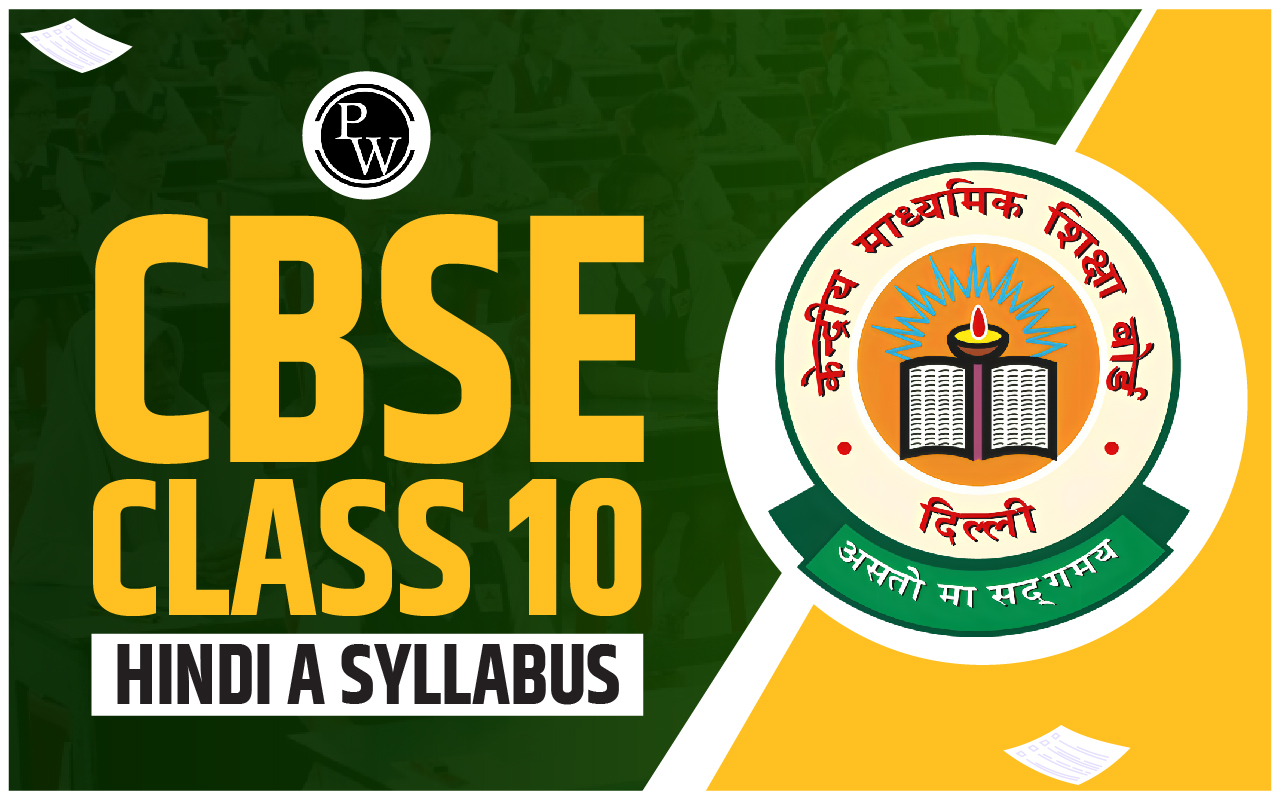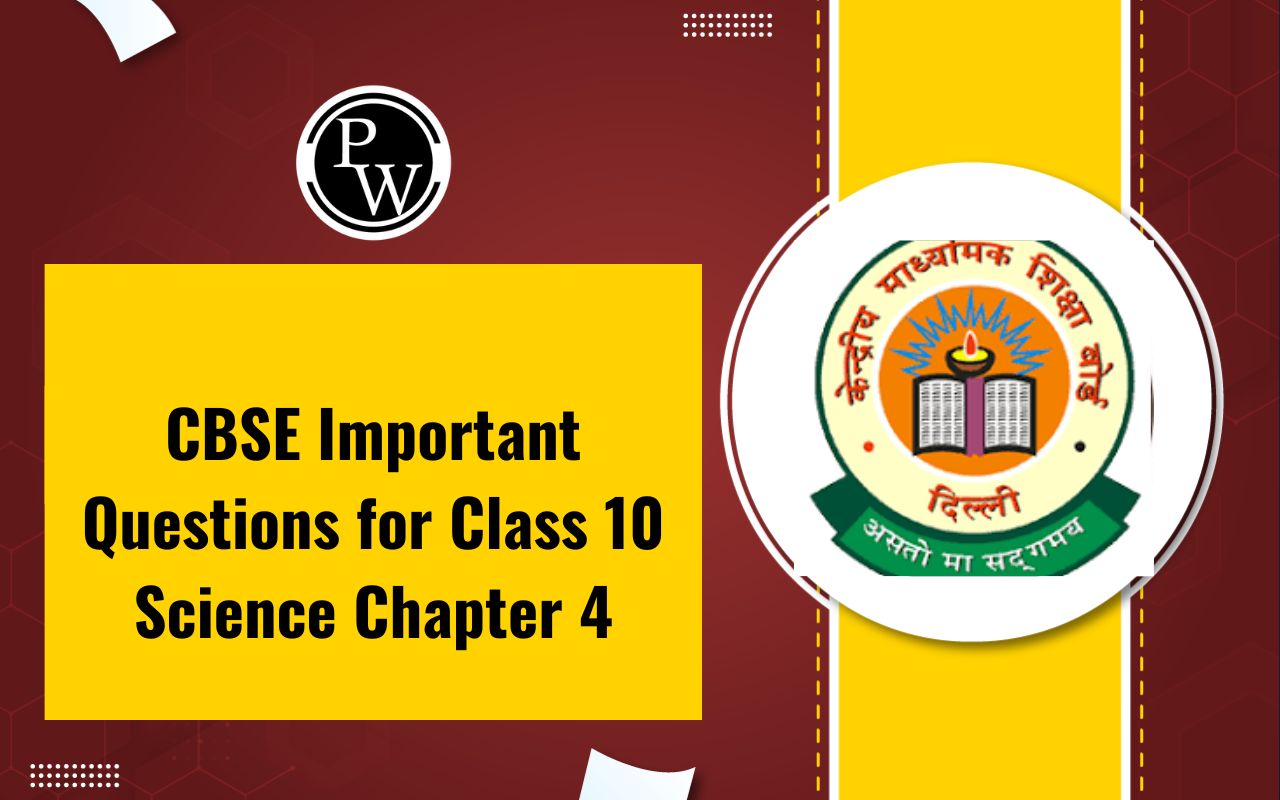
What is a Pronoun?
A pronoun is a word that is used to replace a noun in a sentence, usually to avoid repeating the noun multiple times. Pronouns are an essential part of language because they help make sentences less repetitive and more concise. Common pronouns in English include words like "he," "she," "it," "we," "they," "you," and "I." Here are some examples: Instead of saying, "John went to the store, and John bought some groceries," you can use pronouns to say, "John went to the store, and he bought some groceries." Instead of saying, "The cat is hungry, and the cat needs food," you can use pronouns to say, "The cat is hungry, and it needs food."Pronoun Definition
A pronoun is a special word that takes the place of a noun. It's like a word that does the job of a noun so we don't have to keep repeating the same word in our sentences. Pronouns can talk about people, things, ideas, and places, just like nouns. In fact, almost every sentence you read or write has at least one noun or pronoun. Usually, when people talk about "pronouns," they're thinking about personal pronouns like "he," "she," and "they." But there are other kinds of pronouns in English that are just as important for our grammar.| Pronoun Definition | ||
|---|---|---|
| Person | Singular Pronoun | Plural Pronoun |
| First Person | I, Me | We, Us |
| Second Person | You, Your | You |
| Third Person | He, She, It, Him, Her | They, Them, Their |
Types of Pronouns
There are mainly 10 types of pronouns in English, each serving a different purpose. Here are the main types of pronouns:- Personal Pronouns: These pronouns are used to refer to specific people, things, or objects. They include singular and plural forms and can indicate the gender and case (subject, object, possessive) of the noun they replace. Examples include "I," "you," "he," "she," "it," "we," and "they."
- Demonstrative Pronouns: These pronouns are used to point to specific things or people in a sentence. Common demonstrative pronouns are "this," "that," "these," and "those."
- Relative Pronouns: These pronouns introduce relative clauses, which provide additional information about a noun in a sentence. Common relative pronouns include "who," "whom," "whose," "which," and "that."
- Interrogative Pronouns: Interrogative pronouns are used to ask questions. They include "who," "whom," "whose," "which," and "what."
- Indefinite Pronouns: Indefinite pronouns refer to non-specific or unknown people or things. Examples include "some," "any," "all," "none," "both," "neither," "few," "many," and "several."
- Reflexive Pronouns: Reflexive pronouns are used when the subject of a sentence is also the object of the action. Common reflexive pronouns are "myself," "yourself," "himself," "herself," "itself," "ourselves," "yourselves," and "themselves."
- Intensive Pronouns: Intensive pronouns are used to emphasize a preceding noun or pronoun in a sentence. They are identical in form to reflexive pronouns but serve a different purpose. For example, "I myself will solve the problem."
- Possessive Pronouns: These pronouns indicate ownership or possession. Common possessive pronouns include "mine," "yours," "his," "hers," "its," "ours," and "theirs."
- Reciprocal Pronouns: Reciprocal pronouns are used when two or more people or things perform actions on each other. The main reciprocal pronoun is "each other."
- Relative Possessive Pronouns: These pronouns combine relative pronouns and possessive pronouns. For example, "whose" is a relative possessive pronoun, indicating possession and introducing a relative clause.
Examples of Pronouns
Here are the 15 examples of Pronouns are listed below:- I will go to the store later.
- She is studying for her exam.
- They went to the beach for vacation.
- Give it to me, please.
- We are planning a party for our friend.
- He won the race, and he's very proud of himself.
- Is that your book over there?
- The car is fast, and it can reach high speeds.
- Both of them are excellent students.
- This is the cake I baked for you.
- Who left their backpack in the classroom?
- My cat loves to play with its toys.
- Those cookies are delicious. Can I have some?
- We should help each other with our homework.
- She found a wallet, and she's trying to return it to its owner.
Pronouns Worksheet
- Identify the personal pronoun in the sentence: "He is going to the park."
- In the sentence, "This is her book," which pronoun is used to indicate possession?
- Replace the underlined noun with the correct pronoun: "John went to John's favorite restaurant."
- Choose the appropriate pronoun to complete the sentence: "I have two sisters, and ___ are both in college."
- Identify the interrogative pronoun in the question: "Who is coming to the party?"
- In the sentence, "The dog chased its tail," which pronoun is used to show that the dog's tail belongs to the dog?
- Select the correct reflexive pronoun to complete the sentence: "She can tie her shoes by ___."
- Replace the underlined noun with a relative pronoun: "The book that is on the table is interesting."
- Identify the intensive pronoun in the sentence: "I myself will fix the issue."
- Complete the sentence with the appropriate indefinite pronoun: "Please bring ____ snacks to the picnic."
- Identify the possessive pronoun in the sentence: "The car is hers."
- Choose the correct reciprocal pronoun to fill in the blank: "They always help ____ with their homework."
- In the sentence, "Both of the cats are sleeping," which pronoun refers to the cats?
- Select the appropriate demonstrative pronoun for the sentence: "___ is my favorite color."
- Replace the underlined noun with a relative possessive pronoun: "I know the girl. ____ father is a doctor."
| English Related Articles | |
| Parts of Speech | Nouns |
| Proper Nouns | Common Nouns |
| Collective Nouns | Countable Nouns |
| Uncountable Nouns | Abstract Nouns |
What are Pronouns?
A pronoun is a word used in the English language to replace a noun in a sentence, primarily to avoid repetitive use of the same noun. Common examples of pronouns in English include words like "he," "she," "it," "we," "they," "you," and "I."
What are the seven types of Pronouns?
The 7 pronouns include personal pronouns, demonstrative pronouns, interrogative pronouns, relative pronouns, indefinite pronouns, reflexive pronouns, and intensive pronouns.
Why do we use Pronouns?
We use pronouns to avoid repeating nouns in sentences, making communication more efficient and less repetitive. Pronouns like "he," "she," "it," and "they" help us refer to people, things, or concepts without restating the same words, enhancing the clarity and flow of language.
🔥 Trending Blogs
Talk to a counsellorHave doubts? Our support team will be happy to assist you!

Check out these Related Articles
Free Learning Resources
PW Books
Notes (Class 10-12)
PW Study Materials
Notes (Class 6-9)
Ncert Solutions
Govt Exams
Class 6th to 12th Online Courses
Govt Job Exams Courses
UPSC Coaching
Defence Exam Coaching
Gate Exam Coaching
Other Exams
Know about Physics Wallah
Physics Wallah is an Indian edtech platform that provides accessible & comprehensive learning experiences to students from Class 6th to postgraduate level. We also provide extensive NCERT solutions, sample paper, NEET, JEE Mains, BITSAT previous year papers & more such resources to students. Physics Wallah also caters to over 3.5 million registered students and over 78 lakh+ Youtube subscribers with 4.8 rating on its app.
We Stand Out because
We provide students with intensive courses with India’s qualified & experienced faculties & mentors. PW strives to make the learning experience comprehensive and accessible for students of all sections of society. We believe in empowering every single student who couldn't dream of a good career in engineering and medical field earlier.
Our Key Focus Areas
Physics Wallah's main focus is to make the learning experience as economical as possible for all students. With our affordable courses like Lakshya, Udaan and Arjuna and many others, we have been able to provide a platform for lakhs of aspirants. From providing Chemistry, Maths, Physics formula to giving e-books of eminent authors like RD Sharma, RS Aggarwal and Lakhmir Singh, PW focuses on every single student's need for preparation.
What Makes Us Different
Physics Wallah strives to develop a comprehensive pedagogical structure for students, where they get a state-of-the-art learning experience with study material and resources. Apart from catering students preparing for JEE Mains and NEET, PW also provides study material for each state board like Uttar Pradesh, Bihar, and others
Copyright © 2026 Physicswallah Limited All rights reserved.
